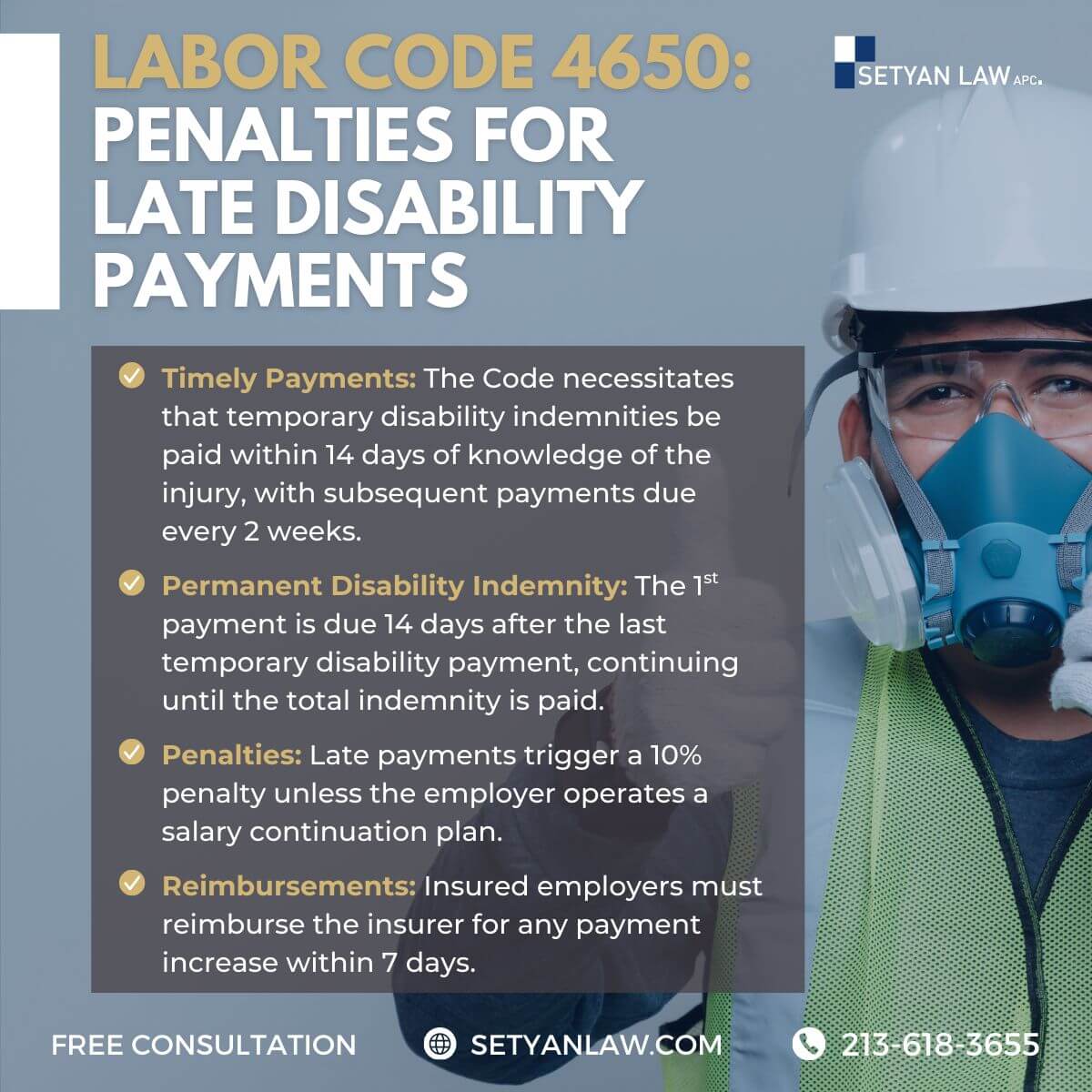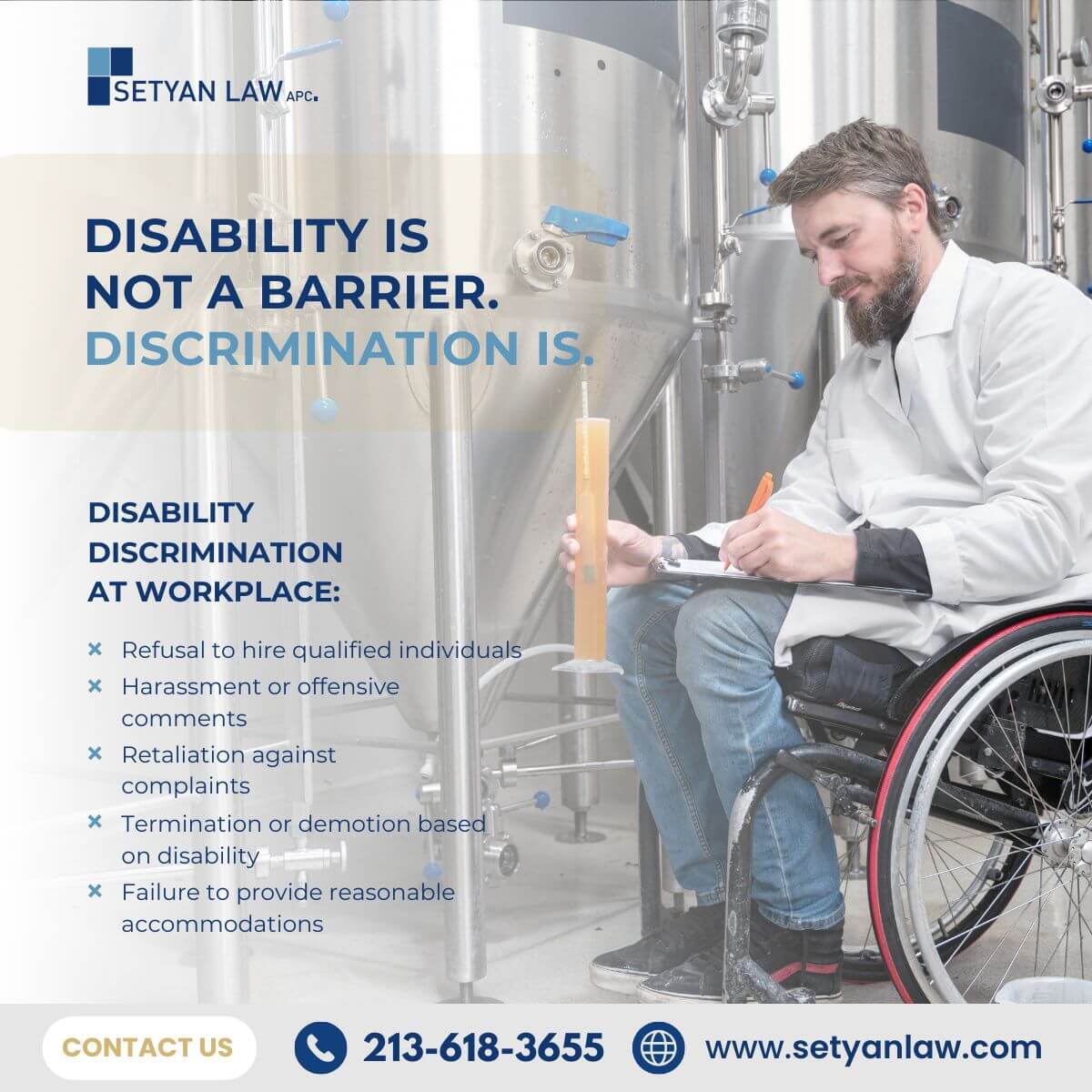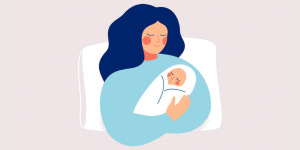Updated June 26, 2025
New Crucial Lifelines to Low-Wage Earners
California’s disability insurance (DI) and paid family leave (PFL) programs are crucial lifelines for employees needing time off due to personal illness or to care for family members. As of January 1, 2025, significant changes will enhance these benefits for lower-wage earners, reflecting the state’s commitment to supporting its workforce.
What is California Disability Insurance?
California Disability Insurance (DI) is a state-run program that provides short-term wage replacement benefits to eligible workers who cannot work due to non-work-related illness, injury, or pregnancy. This program is funded through employee payroll deductions and is managed by the Employment Development Department (EDD).
What is Paid Family Leave?
Paid Family Leave (PFL) offers up to eight weeks of partial wage replacement to workers who need time off to care for a seriously ill family member or bond with a new child during maternal leave. Like DI, PFL is also funded through employee payroll contributions and administered by the EDD.
Upcoming Changes in Disability Insurance and Paid Family Leave (Effective 2025)
Starting January 1, 2025, California is set to implement significant changes to its DI and PFL programs, particularly benefiting lower-wage earners. These changes include:
- Increased Wage Replacement for Lower-Wage Earners: Workers earning 70% or less of the state average weekly wage will now receive a 90% wage replacement, up from the current rate.
- Standardized Benefits for Other Workers: All other workers will receive a 70% wage replacement.
These adjustments aim to provide more equitable support to lower-wage earners, ensuring they receive adequate financial assistance during their time of need.
Understanding the Eligibility Criteria
To qualify for Disability Insurance or Paid Family Leave benefits, employees must meet specific criteria:
- For Disability Insurance: Employees must be unable to perform their regular work due to a non-work-related illness, injury, or pregnancy and have lost wages because of their disability.
- For Paid Family Leave: Employees must need time off to care for a seriously ill family member or bond with a new child and have lost wages as a result.
Applying for Benefits
Applying for Disability Insurance and Paid Family Leave benefits involves several steps:
- File a Claim: Employees must file a claim with the EDD, either online or via mail.
- Provide Required Documentation: Necessary documentation includes medical certifications for DI or proof of the need for caregiving or bonding for PFL.
- Wait for Approval: The EDD will review the claim and notify the applicant of its decision.
Given the complexity of these processes, consulting a lawyer can significantly streamline the application and approval process.
Common Challenges and How to Overcome Them
Employees often encounter various challenges when applying for DI and Paid Family Leave benefits, including:
- Incomplete Applications: Missing information or documentation can delay or deny claims.
- Misunderstanding Eligibility Requirements: Not fully understanding the criteria can lead to ineligibility.
- Disputes Over Benefits: Employers may dispute an employee’s eligibility or the duration of benefits.
In such cases, expert guidance and representation will ensure employees receive the benefits they deserve.
The Role of Employment Attorneys in Appeals
If a claim is denied, employees have the right to appeal the decision. This process can be daunting, requiring thorough documentation and adherence to strict timelines.
Future Implications of the 2025 Changes
The increased wage replacement rates set to take effect in 2025 will have significant implications for California’s workforce:
- Enhanced Financial Security: Lower-wage earners will experience greater financial stability during periods of disability or family caregiving.
- Encouragement to Utilize Benefits: Higher wage replacement rates may encourage more employees to take advantage of DI and PFL benefits, promoting overall well-being.
- Support for Working Families: These changes reflect California’s commitment to supporting working families, particularly those in lower income brackets.
Conclusion
Employment laws and benefits can be complex and ever-changing. It is crucial to stay informed about your rights and the resources available to you.
The upcoming changes to California’s DI and PFL programs represent a significant step towards equitable support for lower-wage earners. Understanding these changes and navigating the application process can be challenging, but with the help of an experienced attorney, you can rest soundly.
Hiring a Disability Lawyer
Disability discrimination in the workplace is a violation of an individual’s rights and can have significant personal and professional consequences. Understanding the potential worth of a disability discrimination lawsuit is essential for victims seeking justice. Settlement amounts are influenced by various factors, including the complexity of the case, the impact on the victim’s career and earnings, and the evidence presented.
Compensation for disability discrimination can take various forms, including economic damages, non-economic damages, punitive damages, and attorney’s fees. Proving disability discrimination requires documenting the disability, establishing a connection between the adverse action and the disability, and gathering witness testimonies.
If you believe you have a valid disability discrimination claim, it is crucial to seek legal representation from an experienced employment attorney. They will guide you through the legal process, advocate for your rights, and help you secure the compensation you deserve. With their support, you can navigate the complex landscape of disability discrimination lawsuits and work towards a fair resolution
If you need a disability rights lawyer, please call Setyan Law at (213)-618-3655. Free consultation.






